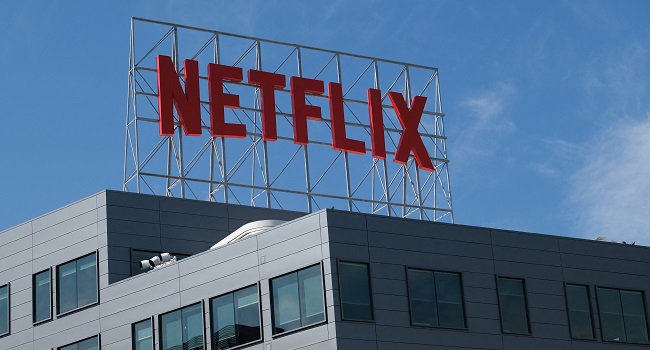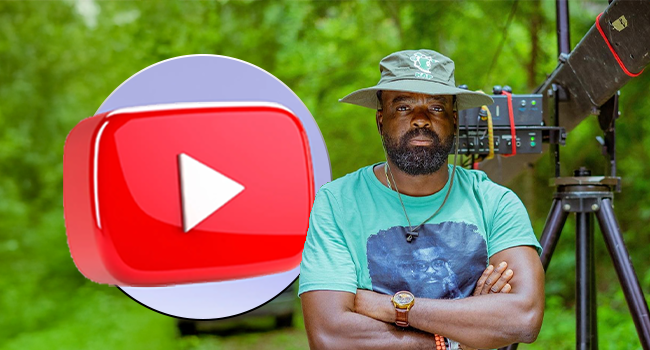Filmmaker Kunle Afolayan has described YouTube as the future of Nollywood, even as he raised concerns about the platform’s vulnerability to piracy.
Speaking during an interview on One2One, which aired on Channels Television on Monday, Afolayan said YouTube has become a significant window for Nigerian filmmakers to reach a global audience, provided their work receives adequate publicity and visibility.
I think it’s (YouTube Movies) the future. This will give the kind of exposure that Netflix would give. If those films get the right publicity, it’s easy for anyone to access them directly from a phone, he said.
However, the movie director noted that YouTube remains a ‘porous’ platform, often targeted by copyright infringers.
The only issue with YouTube is that it’s very porous. Anybody can go there and copy your film — they copy on Netflix as well, but it’s more prevalent on YouTube, he said.
The 50-year-old filmmaker explained that while piracy is a valid concern, consistent revenue from viewership can help cushion its impact.
If your film gets the right viewership and you’re making the right remuneration, you would worry less about who is copying. If they copy, they can’t put it back on YouTube, and they can’t sell to Amazon or other licensed platforms.
Actors, Producers Embracing The Trend

Many Nigerian producers and top actors have launched their own channels on YouTube to share original content and reach wider audiences.
The platform has become a popular alternative for filmmakers looking to bypass cinemas and streaming gatekeepers. And with easier access and global reach, YouTube is now seen as a vital tool for storytelling and income.
While piracy remains a challenge, more creatives are still embracing the platform to build visibility and earn directly from viewership.
The filmmaker also acknowledged the growing trend of actors and producers creating and monetising their own YouTube platforms, calling it a “big deal” for the industry.
Reflecting on Nollywood’s progress, Afolayan credited streaming platforms like Netflix and Amazon Prime for transforming the industry’s structure and elevating the quality of content.

A few years ago, it was a struggle to raise funds. Everyone was focusing on cinemas; TV stations were not licensing films, so there were very few distribution windows, he recalled.
But when the likes of Netflix and Prime came, the story changed. Lifestyle has changed. Filmmakers are now rich, paid in dollars. These platforms not only license but also commission slates — jobs for a number of years — and that improved the quality of our films.
He emphasised that filmmakers had to meet international standards or risk being overlooked.
If your quality does not meet the required standard for these platforms, your films will not be considered. So that is where we are now.








